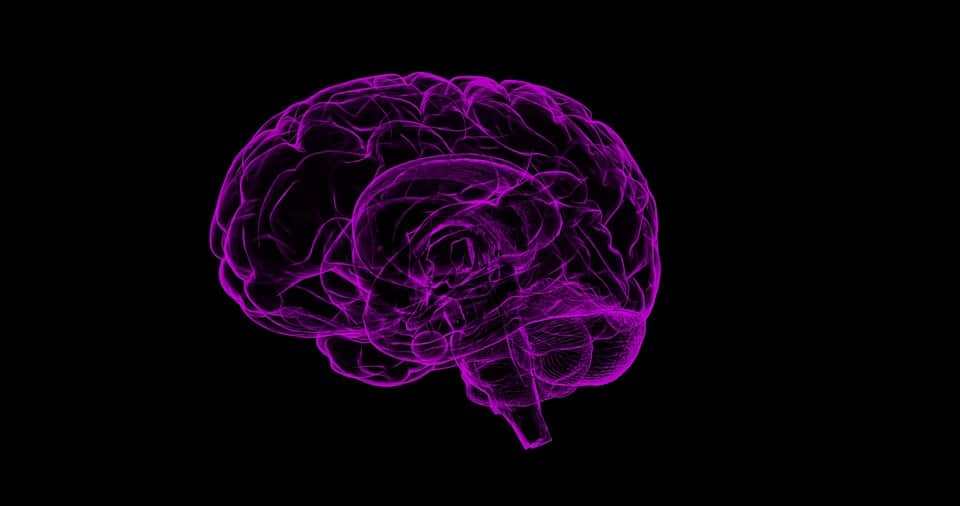
Proof-of-concept study shows non-invasive brain stimulation efficient as treatment for ADHD in children
Betsy Goodfellow | August 2, 2023 | News story | Research and Development | ADHD, Hebrew University of Jerusalem, Psychiatry, brain stimulation, clinical trial, university of surrey
Researchers from the University of Surrey, UK, and the Hebrew University of Jerusalem, Israel, have found that non-invasive brain stimulation in combination with cognitive training could significantly improve the symptoms of attention deficit hyperactivity disorder (ADHD) in children.
The proof-of-concept trial involved 23 unmedicated paediatric patients, between the ages of six and 12, with ADHD. After two weeks of brain stimulation 55% of these patients showed significant clinical improvements in their ADHD symptoms, compared to 17% in the placebo group.
The study also showed that improvements were continual for three weeks following the treatment, with 64% reporting clinically meaningful responses compared to 33% in the placebo group.
Professor Roi Cohen Kadosh, co-lead of the study and head of the School of Psychology and professor of cognitive neuroscience at the University of Surrey, commented: “I believe that the scientific community is duty-bound to investigate and develop evermore effective and longer-lasting treatments for ADHD. The findings we demonstrate in our study suggest that a combination of transcranial direct current stimulation (tRNS), which is shown to be safe with minimal side effects, has the potential to transform the lives of children and their families. The results from this proof-of-concept study, together with previous results we received using tRNS, increase our confidence that in the future non-invasive brain stimulation may be able to provide an alternative to medication as a treatment pathway for children. However, our important test will be the results from a multi-centre clinical trial with a larger sample that we will start soon. If successful, this approach will be approved as a medical device for ADHD by the US Food and Drug Administration (FDA).”
Dr Mor Nahum, co-lead of the study and head of the Computerised Neurotherapy Lab at the Hebrew University, added: “This is an important first step in offering new therapeutic options for ADHD. Future studies, with larger and more varied samples, should help establish this as a viable therapy for ADHD, and help us understand the underlying mechanisms of the disorder.”
Betsy Goodfellow
Related Content

AstraZeneca shares positive interim results from phase 3 lymphoma trial
AstraZeneca has announced positive high-level results from an interim analysis of the ECHO phase 3 …

Verona Pharma to share phase 3 COPD trial data at ATS 2024
Verona Pharma has announced that it will share eight posters at the American Thoracic Society …

Sanofi shares results for phase 3 LUNA 3 trial in immune thrombocytopenia
Sanofi has announced positive results from its phase 3 LUNA 3 study, which assessed rilzabrutinib …






